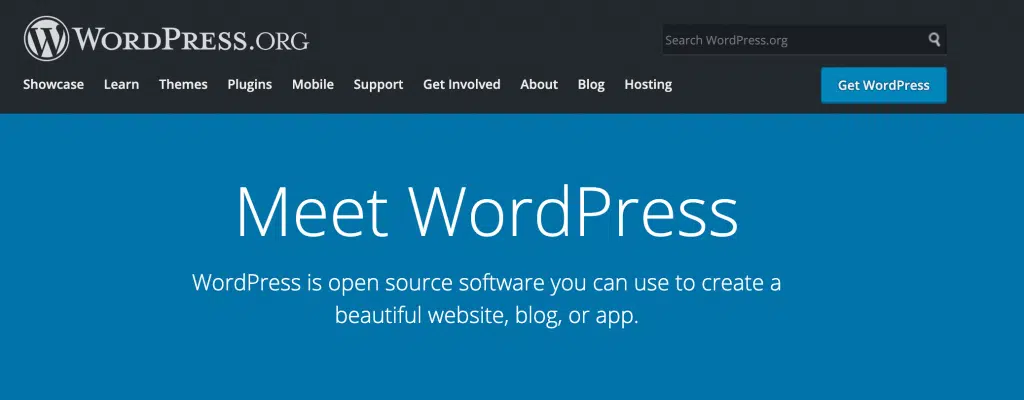
Shopify Vs Wordpress
Author
Jack Jones
Shopify vs Wordpress: Which is the Best Platform for Your Online Store?
When it comes to creating an online store, you have two main options: Shopify and Wordpress. Both platforms have their own set of pros and cons, and choosing the right one for your business can be a tough decision. In this blog post, we'll take a look at the key differences between Shopify and Wordpress and help you decide which platform is best for your online store.
Ease of Use
One of the main advantages of Shopify is its ease of use. Shopify is a fully hosted solution, which means that it takes care of hosting, security, and updates for you. This makes it very easy to set up and manage your online store, even if you don't have any technical expertise. In contrast, Wordpress is a self-hosted platform, which means that you'll need to handle hosting, security, and updates yourself. This can be more time-consuming and require more technical knowledge.


Design and Customization
Both Shopify and Wordpress offer a wide variety of design options for your online store. Shopify has a large selection of professionally designed templates that you can use to create your store. These templates are fully responsive and optimized for mobile devices. Wordpress, on the other hand, offers a wide variety of themes and plugins that you can use to customize your store. This can give you more flexibility in terms of design, but it also means that you'll need to have some technical expertise to make the most of it.
Payment and Shipping
Shopify has a built-in payment gateway and also integrates with over 100 payment providers, so you can easily accept credit card payments and other forms of payment. Additionally, Shopify has built-in shipping calculators, so you can easily set up shipping rates based on weight, location, and other factors. Wordpress, on the other hand, requires you to use a plugin to accept payments and set up shipping. This can be more time-consuming and require more technical knowledge.
SEO and Marketing
Both Shopify and Wordpress offer a wide variety of SEO and marketing tools to help you promote your online store. Shopify has built-in SEO features, such as meta tags and sitemaps, and also integrates with popular marketing and analytics tools, such as Google Analytics. Wordpress, on the other hand, relies on plugins and themes to provide SEO and marketing features. This can give you more flexibility in terms of marketing, but it also means that you'll need to have some technical expertise to make the most of it.
Conclusion
In conclusion, both Shopify and Wordpress have their own set of pros and cons. Shopify is the best option for those who want an easy-to-use platform that requires minimal technical expertise. Wordpress is the best option for those who want more flexibility in terms of design, marketing, and SEO. Ultimately, the decision between Shopify and Wordpress will depend on your own specific needs and goals for your online store.
